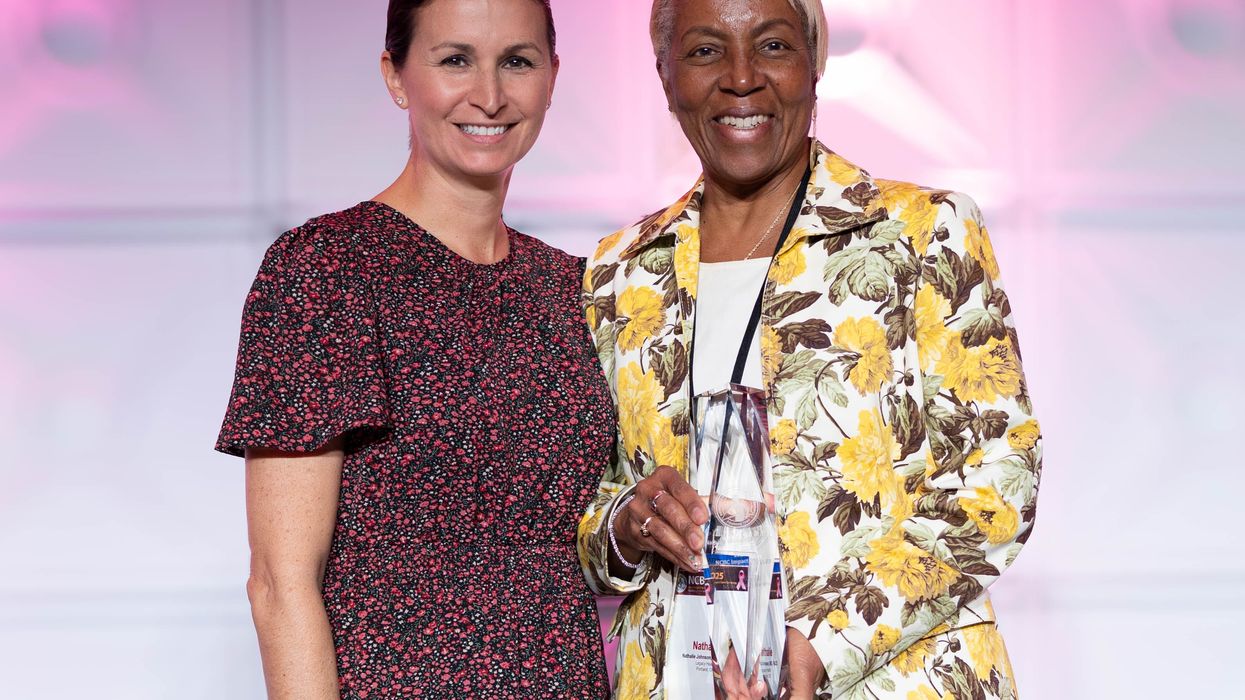Divine Health: As women age, staying active becomes increasingly important for maintaining physical and mental health. For African American women over the age of 50, incorporating walking into their daily routine can bring about a multitude of benefits that contribute to a healthier and more fulfilling life.
At the age of 70, breast cancer survivor Eloise Square is committed to walking and staying active.
“One of the things that diabetics and many cancer patients who have had to deal with chemotherapy experience is neuropathy. This can affect your circulation,” said Square, who is a 21-year breast cancer survivor.
Square admitted that she is working to increase her circulation by walking regularly.
Peripheral neuropathy happens when the nerves located outside of the brain and spinal cord (peripheral nerves) are damaged. This condition often causes weakness, numbness, and pain, usually in the hands and feet.(1)
One of the most common causes of neuropathy is diabetes.
“I enjoy exercising at home. I don’t like to be outside. I just like to stay active. I know that we should walk at least 3 times a week, even if we just walk a mile,” said Square, who has dealt with breast cancer twice.
Exercise can help lower your risk of recurrence if you’ve been diagnosed with breast cancer. A number of studies have shown that women who exercise regularly have a lower risk of recurrence and are also less likely to die from breast cancer.(2)
At least 150 minutes a week (for example, 30 minutes a day, 5 days a week) of moderate-intensity activity such as brisk walking. Or they need 75 minutes a week of vigorous-intensity activity such as hiking, jogging, or running. At least 2 days a week of activities that strengthen muscles.(3)
“My commitment to walking has been spawned out of the desire for fresh air and to improve my health. I’m not a runner, but I am committed to walking at least five times a day,” said Kimberly McBrayer, who will turn 61 this year.
As an older adult, regular physical activity is one of the most important things you can do for your health. It can prevent or delay many of the health problems that seem to come with age. It also helps your muscles grow stronger so you can keep doing your day-to-day activities without becoming dependent on others.(3)
“The pandemic helped to get me back on track to daily walking. There were so many things that we couldn’t do during the pandemic because everything was closed. Yet, there was always the opportunity to go to a local park and enjoy a walk. The more I walked, the better I felt. It allowed me time to refresh, rethink, clear my mind,” said McBrayer.
PHIT (Personal Health Investment Today)America refers to walking as a powerhouse for our physical health.
It keeps our heart strong, muscles toned, and weight in check. Walking is like a natural doctor that helps prevent a whole bunch of health troubles. But it doesn’t stop there! It’s a champion for our minds, too. Taking a stroll boosts our mood, clears our thoughts, and even amps up our brainpower. It’s like a mental refresh button.(5)
“I have continued that post-pandemic, and I’m seeing weight loss and overall fitness. In terms of not just weight loss, but muscle toning, and also better breathing. I’ve gotten all the tools to keep track of my walking, whether it’s a wearable device to help track how many steps, or something to help track how many minutes that I am in my fitness zone,” said McBrayer.
Walking has really opened up my level of fitness. If the weather isn’t good, I walk in the mall. I found there are a lot of people who walk in the mall, especially those my age, with the same physical ability levels. Overall, walking has been wonderful mentally and physically,” said McBrayer.
A major study published in JAMA (the latest news in clinical medicine) found that the more steps participants over age 40 took, the lower their mortality risk from all causes.
Taking into account factors such as the subjects’ health status, researchers discovered a 51 percent lower mortality risk for those who took 8,000 steps a day compared with those who took 4,000. And the more the subjects walked, the greater the benefit. In fact, extending a stroll to 12,000 steps a day was linked to a 65 percent lower risk of death.(4)
“Some people are waiting to get the right outfit or the right shoes. If you’re looking to get started, just do it,” said McBrayer, who tries to walk a little bit every day.
Mary Dancer started walking in 2016 at the encouragement of some of her co-workers who were actively involved in weekly fitness challenges.
“I was 285 pounds when I started walking. I could barely walk around Wal-Mart. I just started doing what I could. Over three years, I lost 115 pounds. I went from a size 24 to a size 12 in clothes,” said Dancer, who will turn 80 this year.
At one point, Dancer was walking 40,000 to 50,000 steps a day. Due to arthritis in her knees, she has leveled off to walking about 10,000 steps a day.
“Before I started walking, my energy level was so low, but I was determined to do it. The more I walked, the more energy I got. I have found fitness is like a job. You have to set goals, and you can’t quit until you reach your goal. I set a goal for walking every day, and that is my commitment to myself,” said Dancer, who is a retired registered nurse.
Studies show that regular walking can help you live longer by reducing the risk of death from heart disease. In fact, people who walk at least three times per week have lower death rates than those who walk less often or not at all.(6)
Sources:
1. https://www.mayoclinic.org/diseases-conditions/per...
3.https://www.cdc.gov/physicalactivity/basics/older_...:~:text=At%20least%20150%20minutes%20a,of%20activities%20that%20strengthen%20muscles.
4. https://www.aarp.org/health/healthy-living/info-20...
5. https://www.phitamerica.org/post/the-benefits-of-w...
6. https://www.dedicated.care/articles/stronger-every...:~:text=Studies%20show%20that%20regular%20walking,often%20or%20not%20at%20all.











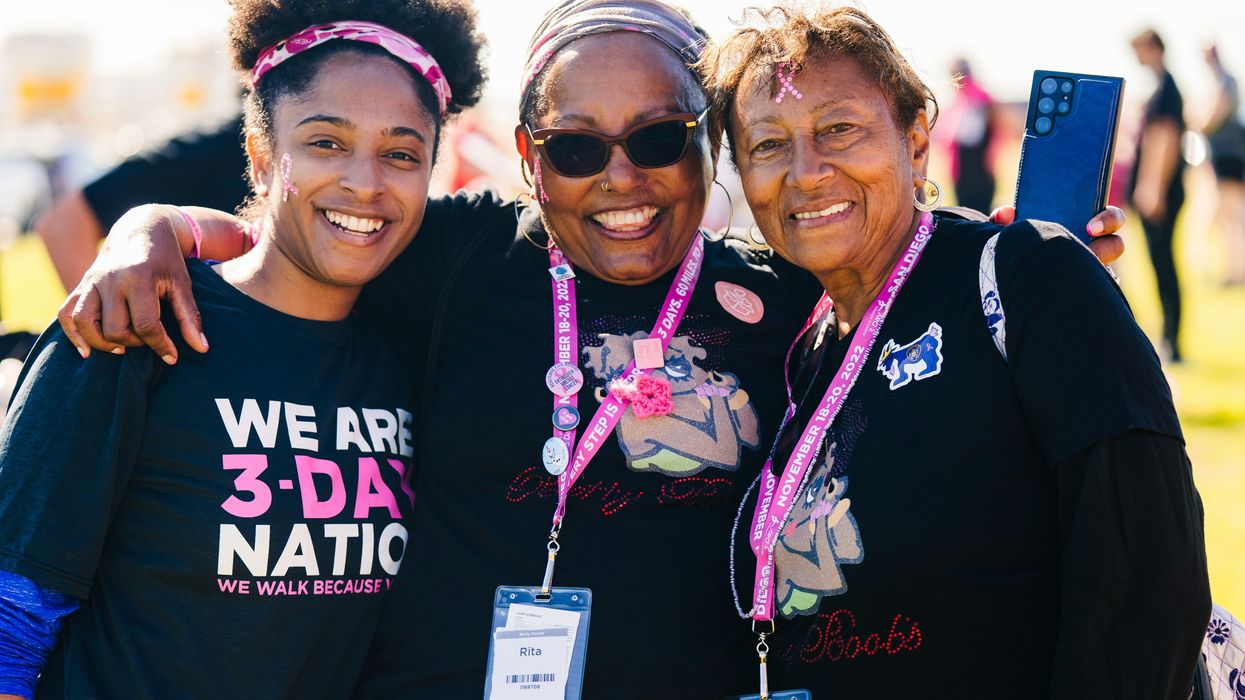

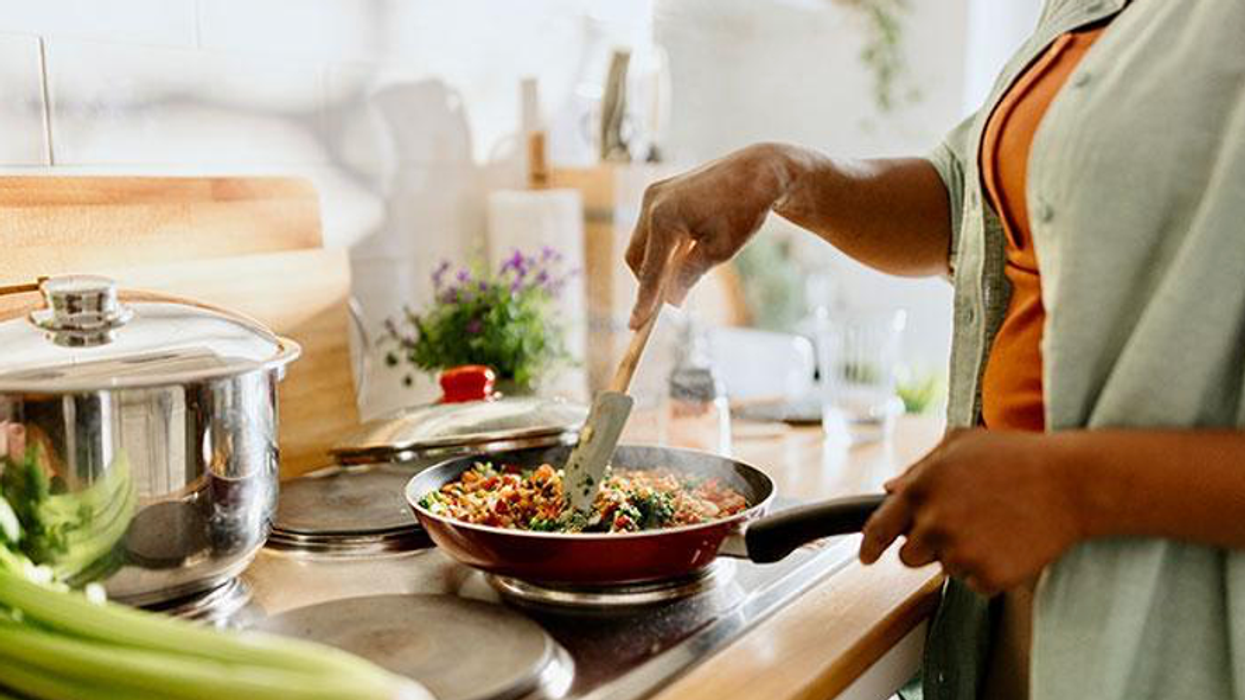

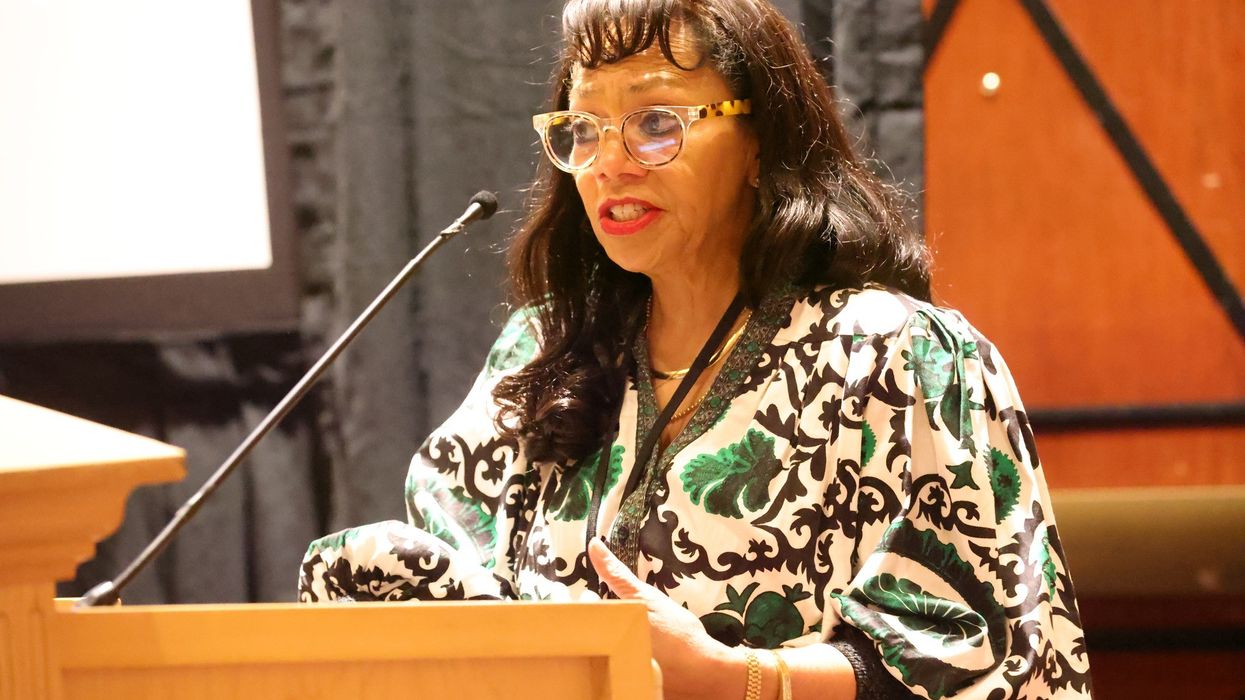
 Dr. Cary S. Kaufman teaches the "Essentials of Oncoplastic Surgery" course through the National Consortium of Breast Centers, providing breast surgeons around the world with advanced techniques for optimal breast surgery outcomes.
Dr. Cary S. Kaufman teaches the "Essentials of Oncoplastic Surgery" course through the National Consortium of Breast Centers, providing breast surgeons around the world with advanced techniques for optimal breast surgery outcomes.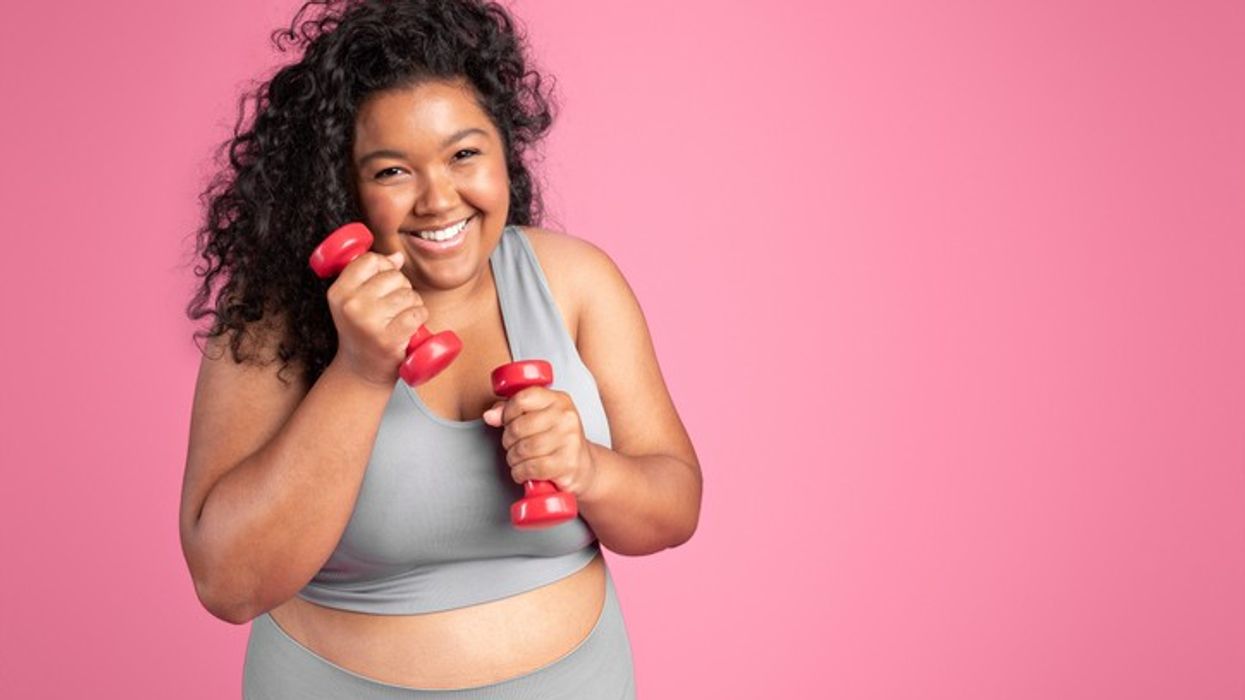
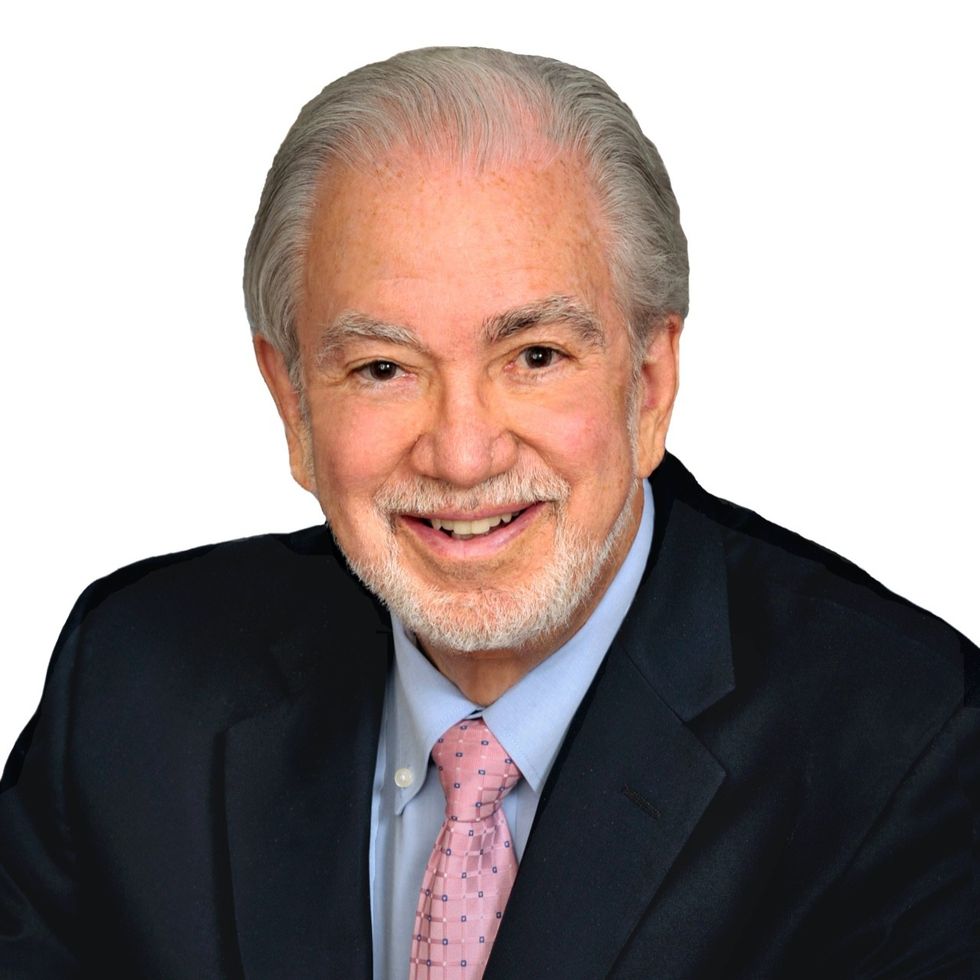 Dr. Jay Harness, MD, FACS, founder of Cancer Fitness, believes that when a woman begins exercising after breast cancer, it marks the start of her personal reconstruction journey.
Dr. Jay Harness, MD, FACS, founder of Cancer Fitness, believes that when a woman begins exercising after breast cancer, it marks the start of her personal reconstruction journey.
